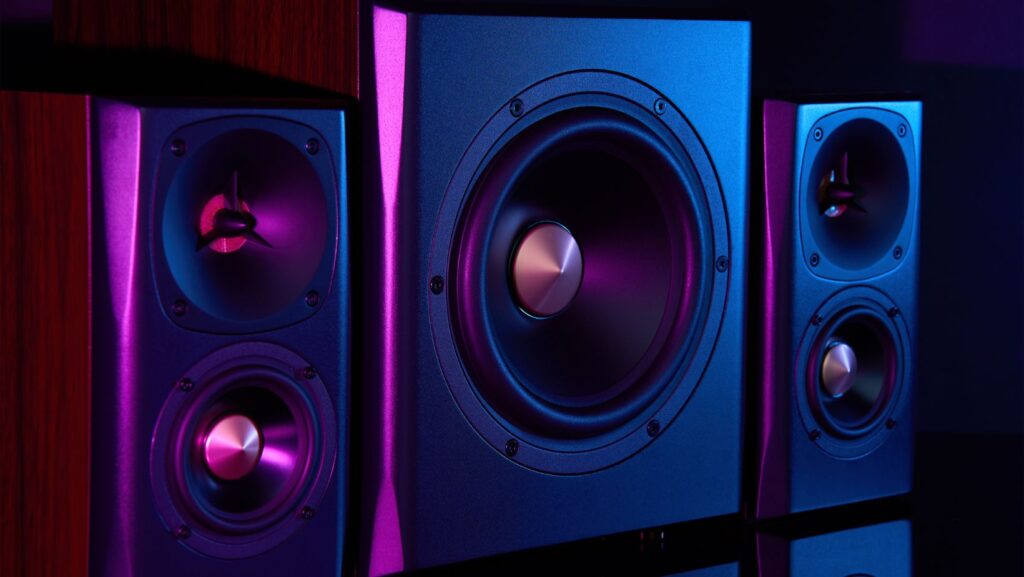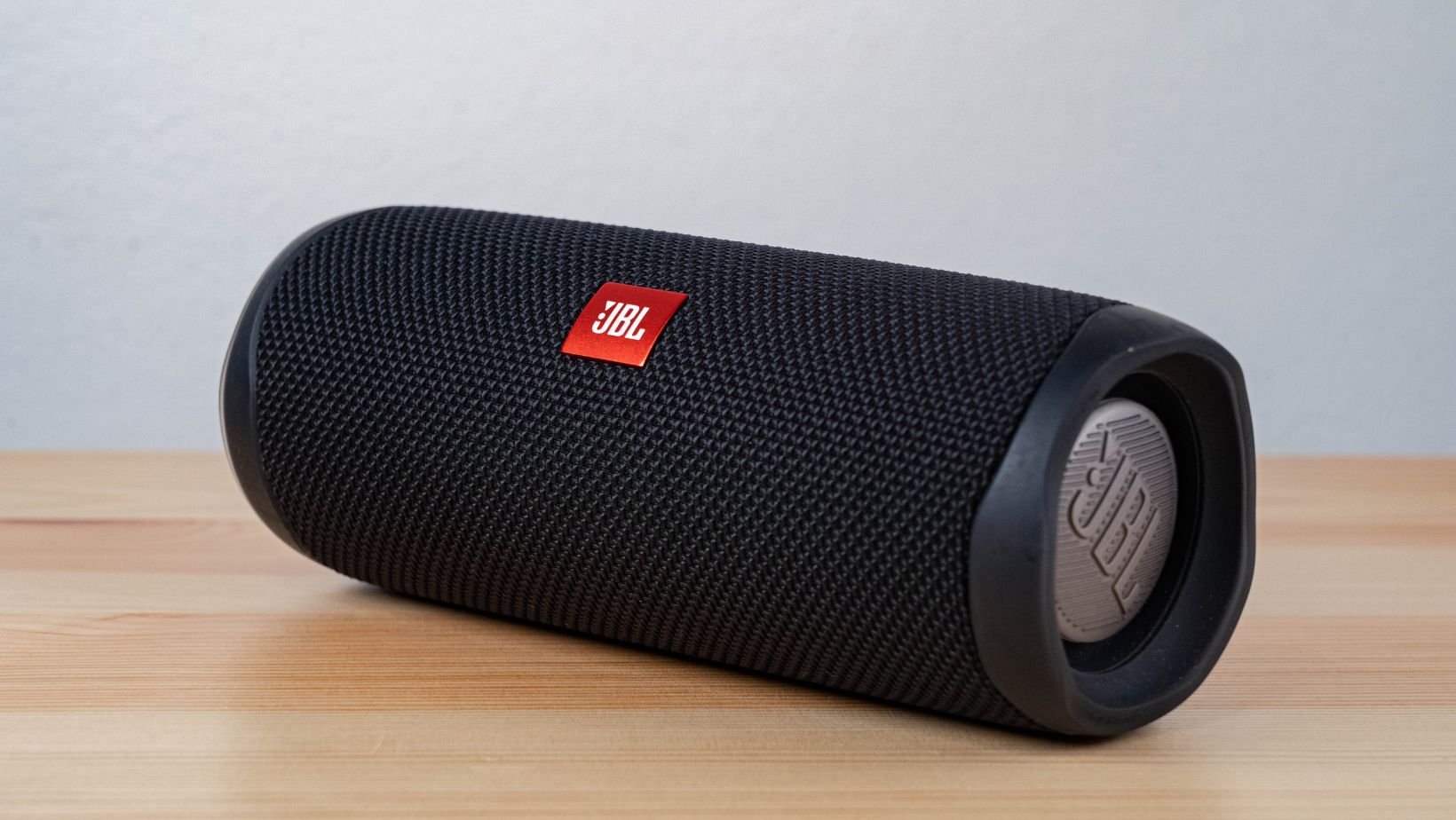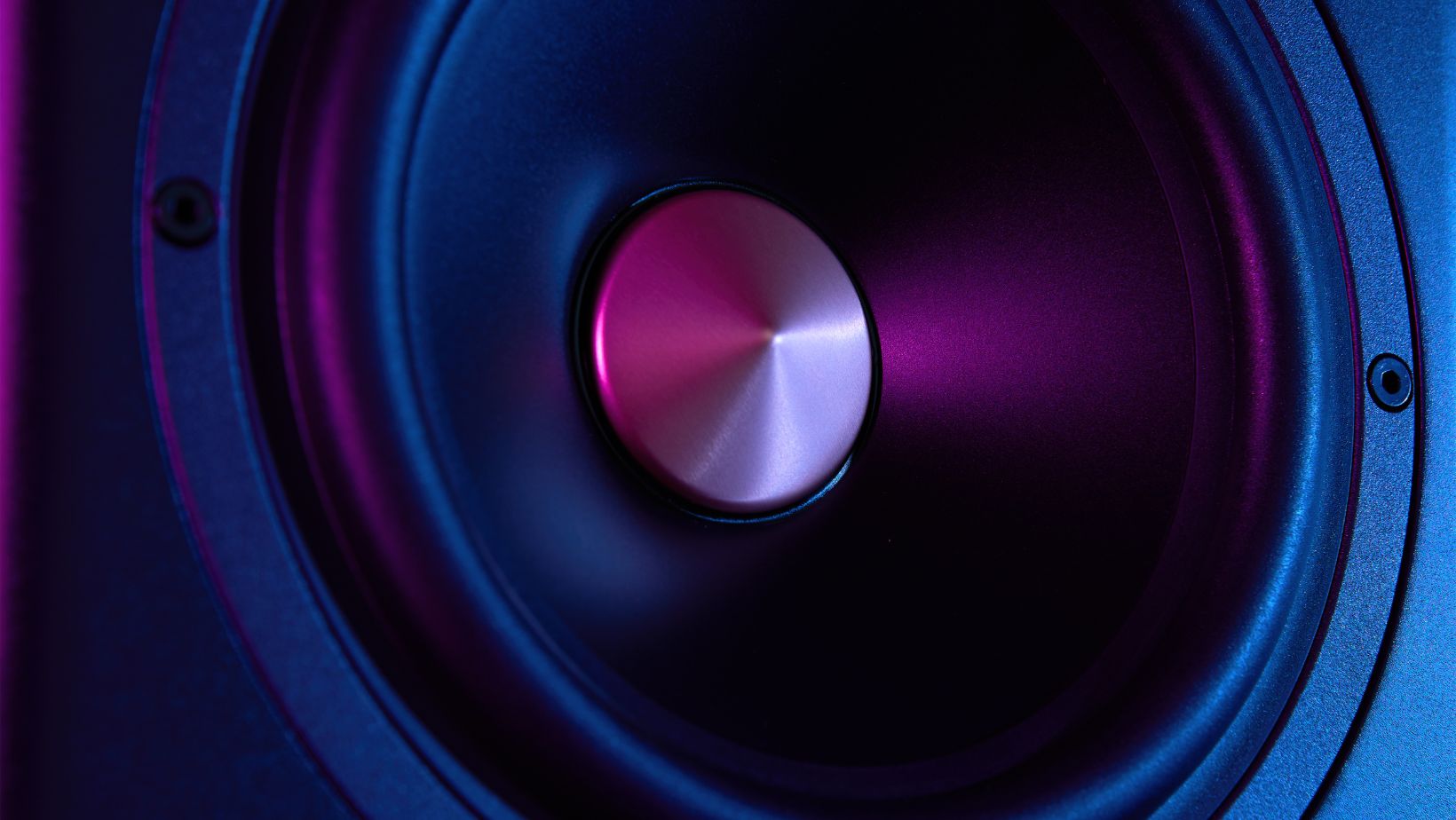When it comes to enjoying music, whether at home or outdoors, the right speaker can make a huge difference in your listening experience. A quality speaker offers not only superior sound but also the durability to withstand various environments. If you’re in the market for both indoor and outdoor speakers, understanding how to choose the best speaker that combines durability and sound quality is key. In this article, we will explore what factors you should consider when selecting speakers that offer both features, making your music experience truly enjoyable no matter where you are.
Understanding Your Needs: Indoor vs. Outdoor Speakers
The first thing you need to decide is whether you are looking for speakers for indoor or outdoor use. Both environments have distinct characteristics that will influence your choice of speaker.
Indoor Speakers:
Indoor speakers are typically designed for a controlled environment. They focus heavily on sound quality, clarity, and depth. For indoor use, you’ll want a speaker that offers a balanced sound, providing excellent bass, mids, and treble to fill a room. Since indoor speakers are generally kept away from harsh weather conditions, they don’t need to be as rugged or weather-resistant as outdoor models.
Outdoor Speakers:
On the other hand, outdoor speakers are built to endure the elements. They need to be more robust, able to handle varying temperatures, humidity, rain, and sometimes direct sunlight. While sound quality is still important, outdoor speakers often focus more on durability and water resistance. These speakers should provide clear sound in open spaces where there is more ambient noise, and they should be able to play louder volumes to be heard in a larger, more open area.
Key Features to Look for in Both Indoor and Outdoor Speakers
When selecting a speaker, both for indoor and outdoor use, there are several factors you should consider:
1. Sound Quality
Sound quality is arguably the most important factor when choosing any speaker. Regardless of whether you’re indoors or outdoors, you want a speaker that provides clear, rich sound without distortion.
- Bass Response: For a full-bodied sound, especially when listening to music genres like pop, rock, or electronic, a speaker should have good bass response. Some indoor speakers excel in producing deep bass due to the smaller, more acoustically-friendly space.
- Treble and Mids: High frequencies (treble) and mid-tones should also be clear and defined. This is particularly crucial for genres such as classical or jazz, where vocals and instruments need to be crisp and distinct.
For outdoor environments, you may need a speaker that offers broader sound coverage, meaning it should be able to project sound clearly across a larger area. It’s essential to look for a speaker that provides a good balance between bass, mids, and treble while ensuring the sound carries over long distances.
2. Durability
Durability is critical for outdoor speakers, as they face elements like moisture, dust, and extreme temperatures. For indoor speakers, durability still matters but is typically less of a concern unless they’re placed in areas prone to spills or heavy use.
Water Resistance and Weatherproofing:
Outdoor speakers should have an IP (Ingress Protection) rating to indicate their water and dust resistance. Look for ratings such as IPX4 (splash-resistant) for minimal water exposure, or IPX7 (submersible up to 1 meter) for higher protection against water. For instance, if you’re installing your speaker near a pool or want to use it during rainy weather, an IPX6 or IPX7 rating is ideal.
Material Build:
Outdoor speakers are often made from durable materials like weather-resistant plastic, rubber, and metal. These materials ensure the speaker can withstand exposure to the elements without degrading. Some outdoor models even feature rustproof or UV-resistant coatings to protect against sun damage.
Shock Resistance:
If you plan on taking your speaker on adventures like camping, hiking, or boating, choose a model that’s shock-resistant. This ensures the speaker can handle rough handling and drops, which is especially important for portable outdoor speakers.
3. Size and Portability
When deciding on a speaker for either indoor or outdoor use, size matters. For indoor use, you might prefer a larger speaker that delivers deep sound and is able to fill up a large room. However, for outdoor speakers, size should be a bit more versatile.
Portable Outdoor Speakers:
Many outdoor speakers come in portable designs, making it easy to carry them around. If you need a speaker for a picnic, a beach day, or a tailgate party, a compact, portable design with a built-in handle or strap is useful. Look for a battery-powered speaker with a long-lasting charge, as outdoor settings may not always have access to power outlets.
Stationary Indoor Speakers:
Indoor speakers, particularly those for home theaters or stereo systems, often come in larger sizes for more powerful sound. However, if space is limited, consider bookshelf or wall-mounted speakers that don’t take up much room while still offering excellent sound quality.
4. Connectivity and Compatibility
Speakers should be easy to connect to your devices, whether you’re using them indoors or outdoors. Most modern speakers offer both wired and wireless connectivity options.
Bluetooth Speakers:
Bluetooth is a popular wireless option for both indoor and outdoor speakers, offering ease of use and flexibility. You can connect your smartphone, tablet, or laptop without the need for messy cables. For outdoor use, Bluetooth speakers are typically designed for portability, so look for one that has a stable connection over a long range.
Wi-Fi Speakers:
For indoor speakers, Wi-Fi connectivity might be preferable, especially if you’re integrating the speaker into a smart home system. Wi-Fi offers a more stable and higher-quality audio stream than Bluetooth, particularly when streaming music services like Spotify, Apple Music, or podcasts.
Wired Speakers:
If you don’t want to rely on Bluetooth or Wi-Fi, you can choose wired speakers. These speakers typically provide consistent sound quality without the potential interruptions that can sometimes affect wireless connections. However, they are less portable, so this option is better suited for stationary use indoors.
5. Battery Life (For Outdoor Speakers)
For outdoor speakers, battery life is essential. A speaker with long-lasting battery life ensures you can enjoy music for hours without having to recharge it frequently. Some speakers can last up to 10-20 hours on a single charge, depending on the volume and usage. Make sure the battery life suits your needs, especially if you plan to use it for extended outdoor events.
6. Price and Brand Reputation
Finally, consider your budget and the brand reputation when making a purchase. Well-known brands like Bose, Sonos, JBL, and Sony often deliver excellent sound quality and durability, but they can come at a higher price point. However, investing in a quality brand may ensure that you get a speaker that lasts longer and provides better overall performance.
How to Choose the Right Speaker for You
With all the factors to consider, choosing the right speaker might seem overwhelming, but breaking it down into your needs will make it easier. Here’s a step-by-step guide to help:
- Determine Your Primary Use:
- Will the speaker mostly be used indoors or outdoors? This will guide you toward whether you should focus more on sound quality or durability.
- Consider the Environment:
- Will the speaker be exposed to elements like moisture, dust, or extreme temperatures? For outdoor use, ensure it has a high water-resistance rating.
- Evaluate Sound Needs:
- What kind of music will you listen to? Ensure the speaker you choose offers balanced sound for the genres you love.
- Check for Portability:
- If you’re planning to move the speaker around, a portable option might be ideal. Look for compact, lightweight designs for ease of transportation.
- Set Your Budget:
- High-end models may offer superior sound and durability, but there are also excellent mid-range options that provide good value for money. Determine how much you’re willing to spend and choose the best speaker within that range.
Conclusion
Whether you need a speaker for indoor or outdoor use, durability and sound quality should always be at the forefront of your decision-making. A good speaker will provide clear, rich sound in any environment and last through various conditions. By considering factors like water resistance, battery life, and connectivity options, you can find the perfect speaker to suit your needs. Always remember to check the specifications carefully to ensure the speaker matches your requirements. With the right choice, you can enjoy high-quality audio no matter where you are—indoors or outdoors.




More Stories
Why Sweeps Casino Players Love Promo Codes
Civiliden LL5540 PC: Unleash Gaming Power with Stunning Design & Performance
New Software RCSDASSK: Revolutionizing Productivity with Task Automation and Collaboration